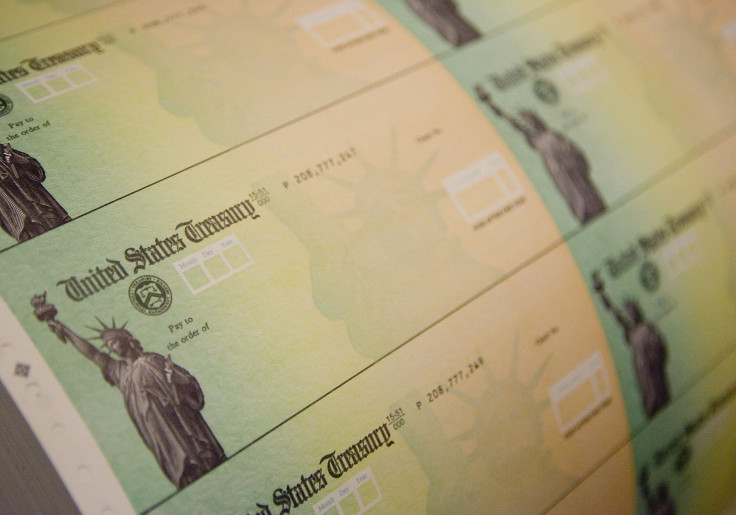Secret Service Reports Criminals Have Stolen $100 Billion In COVID Relief

The Secret Service on Tuesday reported that criminals have stolen over $100 billion in pandemic relief money.
Criminals diverted funds from the Small Business Administration’s Paycheck Protection Program, the Injury Economic Disaster Loan Program, and another program designed to send out unemployment checks out nationwide.
More than $2.3 billion funds have been recovered and over 100 people have been arrested. The government had given out $3.5 trillion in pandemic relief money since the signing of the CARES Act in March 2020.
On Tuesday, the Secret Service also named Assistant Special Agent in Charge Roy Dotson of the Jacksonville field office to serve as the first National Pandemic Fraud Recovery Coordinator.
Dotson will work with financial institutions, money services businesses, U.S. attorneys offices, and other federal agencies to crack down on seizures of illegally obtained pandemic relief funds.
“There’s no doubt that the programs were easily accessible online. And so, with that, comes the opportunity for bad actors to get into that mix,” Dotson said in an interview with CNBC.
The Secret Service has 900 active investigations looking into pandemic-related fraud.
“Criminal individuals are opportunistic. So when the federal funding from the CARES Act was released, they obviously pivoted to that and began targeting those programs,” Dotson told CNN.
Dotson added his goal is to “maximize our investigative impact and recover as much as we can” in stolen funds.
Some may wonder why the Secret Service — the agency is known for protecting the president, vice-president and their families — is conducting such an investigation. According to the Secret Service website, the agency "has a long and storied history of safeguarding America’s financial and payment systems from criminal exploitation. The agency was created in 1865 to combat the rise of counterfeit currency following the Civil War."
© Copyright IBTimes 2025. All rights reserved.





















